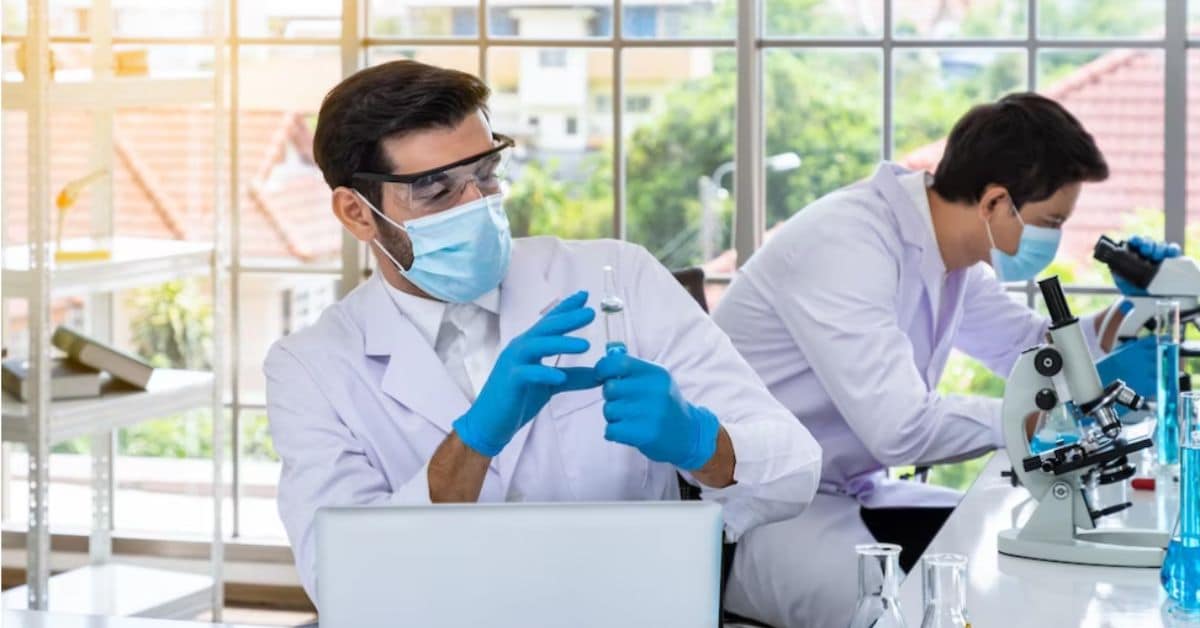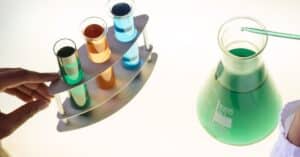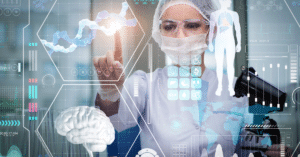In the fast-paced world we live in, health and well-being often take a back seat to our busy schedules and commitments. However, the importance of timely diagnostics cannot be stressed enough, as it plays a crucial role in saving lives. In this article, we will delve into the significance of prompt and accurate diagnostics, and how service providers play a pivotal role in this life-saving process. Timely diagnostics serve as the cornerstone of modern healthcare. It involves identifying diseases and conditions at an early stage, enabling healthcare professionals to initiate prompt and effective treatment plans. This proactive approach to healthcare not only saves lives but also improves the overall quality of life for patients. As the best medical testing laboratory in Punjab, they prioritize accuracy and efficiency in every diagnostic test, contributing to better healthcare outcomes.
The Role of Diagnostics in Healthcare
Diagnostics is the process of determining the nature of a disease or condition through various tests and examinations. It provides critical information that guides healthcare providers in making accurate diagnoses and informed treatment decisions. Without proper diagnostics, medical practitioners would be navigating in the dark, leading to delays in treatment and potential complications. The laboratory’s unwavering dedication to quality has solidified its position as the best medical testing facility in Punjab, trusted by both patients and doctors.
Early Detection and Treatment
Early detection of diseases is often the key to successful treatment outcomes. Timely diagnostics can identify potential health issues before they manifest noticeable symptoms, allowing medical professionals to intervene at a stage when treatment is most effective. For instance, detecting cancer in its early stages significantly increases the chances of successful treatment and long-term survival.
Types of Diagnostic Services
Diagnostics encompasses a wide range of services, each serving a specific purpose in evaluating health conditions. These services include:
Medical Imaging
Medical imaging techniques such as X-rays, CT scans, MRIs, and ultrasounds provide detailed visualizations of the internal structures of the body. They help and cure diagnose conditions like fractures, tumors, and organ abnormality
Laboratory Testing
Laboratory tests analyze blood, urine, and other bodily fluids to detect the presence of pathogens, chemicals, or irregularities. These tests aid in diagnosing conditions such as diabetes, infections, and hormonal imbalances.
Genetic Testing
Genetic tests identify genetic mutations and variations that may predispose individuals to certain diseases. This information is crucial for personalized treatment plans and preventive measures.
The Impact of Advanced Technology
Advancements in technology have revolutionized diagnostic procedures. Cutting-edge tools and equipment enhance the accuracy and speed of diagnoses. For example, the development of molecular diagnostics allows for precise identification of pathogens, leading to targeted treatments.
Collaborative Efforts in Diagnostics
Diagnostics often involve collaboration among various medical specialists. A multidisciplinary approach ensures comprehensive assessments and accurate diagnoses. Radiologists, pathologists, and clinicians work together to interpret results and formulate treatment strategies.
Benefits of Timely Diagnostics
Improved Patient Outcomes
Timely diagnostics lead to better patient outcomes by enabling early intervention. Prompt treatment reduces the progression of diseases, minimizing complications and improving the chances of a complete recovery.
Cost-Effectiveness
Early detection and treatment are not only beneficial for patients’ health but also for healthcare systems. Treating conditions at an early stage can significantly reduce the financial burden associated with advanced treatments and hospitalizations.
Preventive Measures
Diagnostics also play a pivotal role in preventive medicine. Identifying risk factors and early signs of diseases empowers individuals to make lifestyle changes, reducing their susceptibility to health issues.
Challenges in Diagnostics
Despite its importance, diagnostics face certain challenges that need to be addressed:
Accessibility
Equal access to diagnostic services is essential for optimal healthcare outcomes. Disparities in access to diagnostics can result in delayed diagnoses and poorer treatment outcomes for marginalized communities.
Misdiagnosis
Misdiagnosis can lead to unnecessary treatments or the overlooking of serious conditions. Improving diagnostic accuracy through ongoing medical education and advanced technology is crucial.
Patient Awareness
Many individuals underestimate the importance of timely diagnostics, leading to delays in seeking medical attention. Raising awareness about the benefits of early detection is vital for encouraging proactive healthcare-seeking behavior.
The Vital Role of Service Providers
Diagnostics wouldn’t be possible without dedicated healthcare service providers:
Doctors and Medical Professionals
Physicians and medical practitioners use their expertise to interpret diagnostic results and formulate appropriate treatment plans.
Diagnostic Centers and Laboratories
These facilities house state-of-the-art equipment and skilled technicians who perform various tests and analyses, ensuring accurate and reliable results.
Ensuring Accessibility for All
Efforts must be made to ensure that diagnostic services are accessible to everyone, regardless of their socio-economic background or geographic location. Telemedicine and mobile clinics are making strides in bridging this gap.
Conclusion
Timely diagnostics are the bedrock of modern medicine, enabling early detection, effective treatment, and improved patient outcomes. Healthcare providers and service providers work hand in hand to ensure that individuals receive the care they need when they need it most. By recognizing the importance of timely diagnostics and advocating for equal access, we can collectively contribute to a healthier and brighter future.




